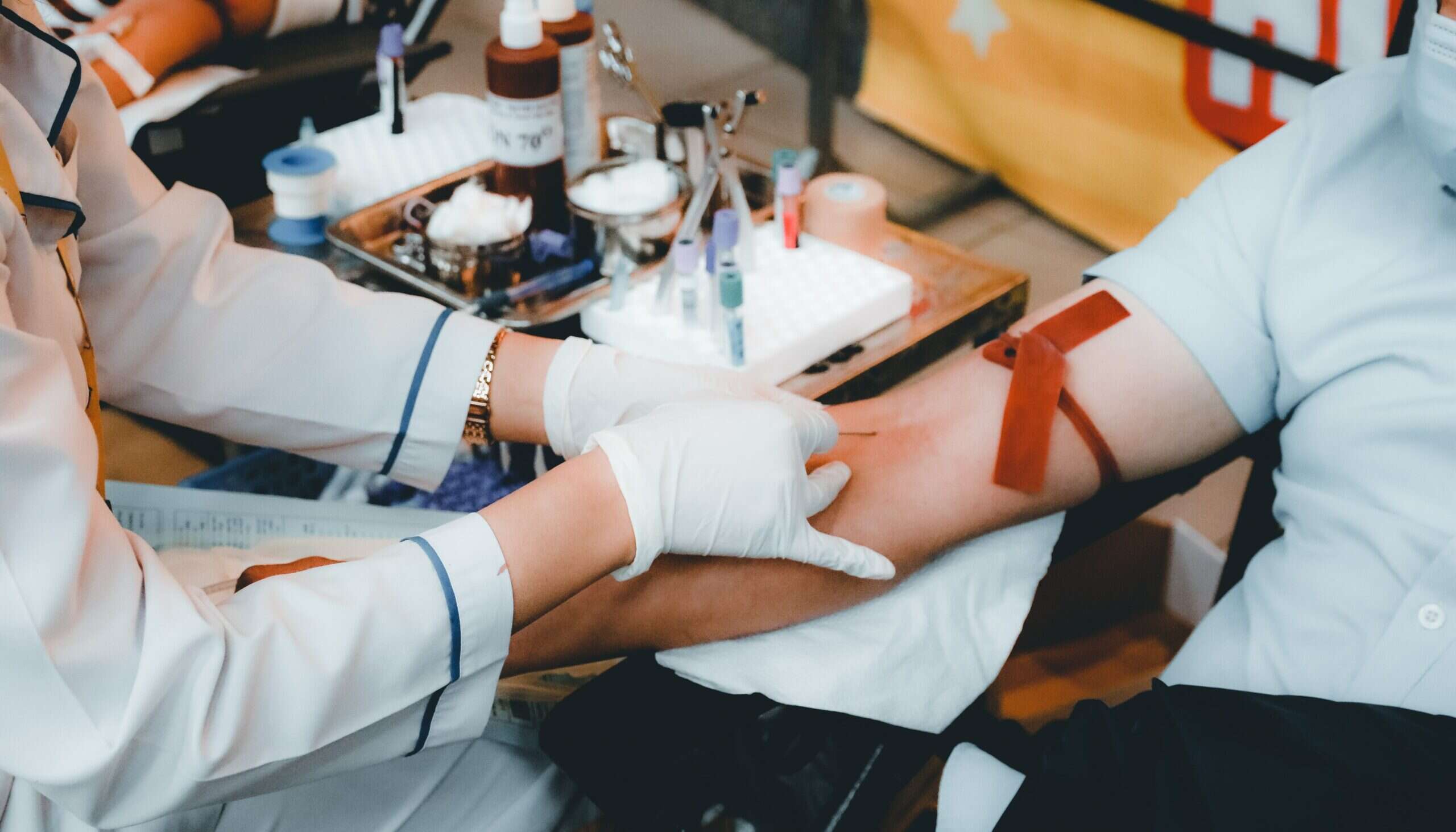If you are over the age of 50, it is important to understand that colon cancer is an increasing risk. Colon cancer rates in America have increased by 25% since 1990, which equates to about 2/3 of all cases. This significant number also corresponds with an increase in the number of people testing positive for a genetic predisposition for colon cancer. With this in mind, it is critical to take preventative measures before something extremely serious takes place. You can start by self-testing your genes and understanding your individual risk factors and behaviors that could increase your chances of getting colon cancer or other diseases like obesity or diabetes.
A Genetic Test for Colon Cancer
Are you at risk of a genetic predisposition for colon cancer?
You can find out by getting a genetic test because, although most people with colon cancer do not have one of these mutations, if you do have the mutation, it greatly increases your chance of getting colon cancer. Certain conditions like high colorectal polyp count are known risk factors and can be used as easy screening tools. People that meet these criteria should get tested to see what genes they have. It is known that approximately 5% of all cases are attributable to genetics.
How long does genetic testing take for colon cancer?
To be tested, you will need to take a blood or urine sample and send it in to a lab for genetic testing. Results should be back within a couple of weeks.
When should I get checked for colon cancer?
It is recommended that people between the ages of 30-65 get screened because this is when most cancers are diagnosed and this is when your genes are most active.
Does colon cancer usually run in families?
Possible Outcomes: What You Need to Know
It is important to understand what a genetic test might reveal before getting one.
The test will tell you whether you have the gene mutations associated with familial adenomatous polyposis (FAP) or Lynch syndrome increased colon cancer risk. Having these mutations greatly increases your chance of developing colon cancer at some point in your life.
These are the possible outcomes from the genetic test:
- Low probability of a mutated gene — If you pass the genetic test and do not have any of the mutations, it is said that you have low probability of having colon cancer. There is no perfect way to prevent colon cancer, but having a strong family history and screening for these genes can help provide some protection. You should be aware that although these mutations are extremely rare, people with these mutations can still develop colon cancer if enough genetic mutations occur (If you do not pass the family history screen). Just like other cancers, having one mutation within your family does not automatically mean that you will get colon cancer but it raises your risk.
- High probability of having the mutated genes — If your results are positive, it means that you have one or more mutations that increase your risk of colon cancer. In this case you need to learn more about FAP/ Lynch syndrome and learn how to protect yourself. Having these mutations greatly increases your chance of developing colon cancer at some point in your life. You should be aware that although all FAP/Lynch Syndrome mutations are extremely rare, people with these mutations can still develop colon cancer if enough genetic mutations occur (If you do not pass the family history screen). Just like other cancers, having one mutation within your family does not automatically mean that you will get colon cancer, but it raises your risk.
- Bladder cancer — A positive screen does not mean that you have a high risk of bladder cancer; it simply means that your doctor wants to monitor for it because the mutation often leads to bladder cancer. The chances of developing bladder cancer increase if you have inherited mutations in other areas like the FAP/Lynch Syndrome.
Can colon cancer be prevented?
Be optimistic. If you are diagnosed with colon cancer, colorectal cancer, or have FAP/Lynch syndrome, you should be optimistic because there are many ways to prevent colon and other cancers. Colon and other cancers can be prevented with healthy lifestyle choices as well as by treating the disease effectively with surgery, chemotherapy and radiation therapy.
Stay alert. Colon cancer is a very common type of cancer that is often diagnosed by chance. Stay alert for any unusual changes in your bowel habits or abdominal pain associated with your colon or rectum. Learn here all what you need to know about Colon Cancer Genetic Testing

